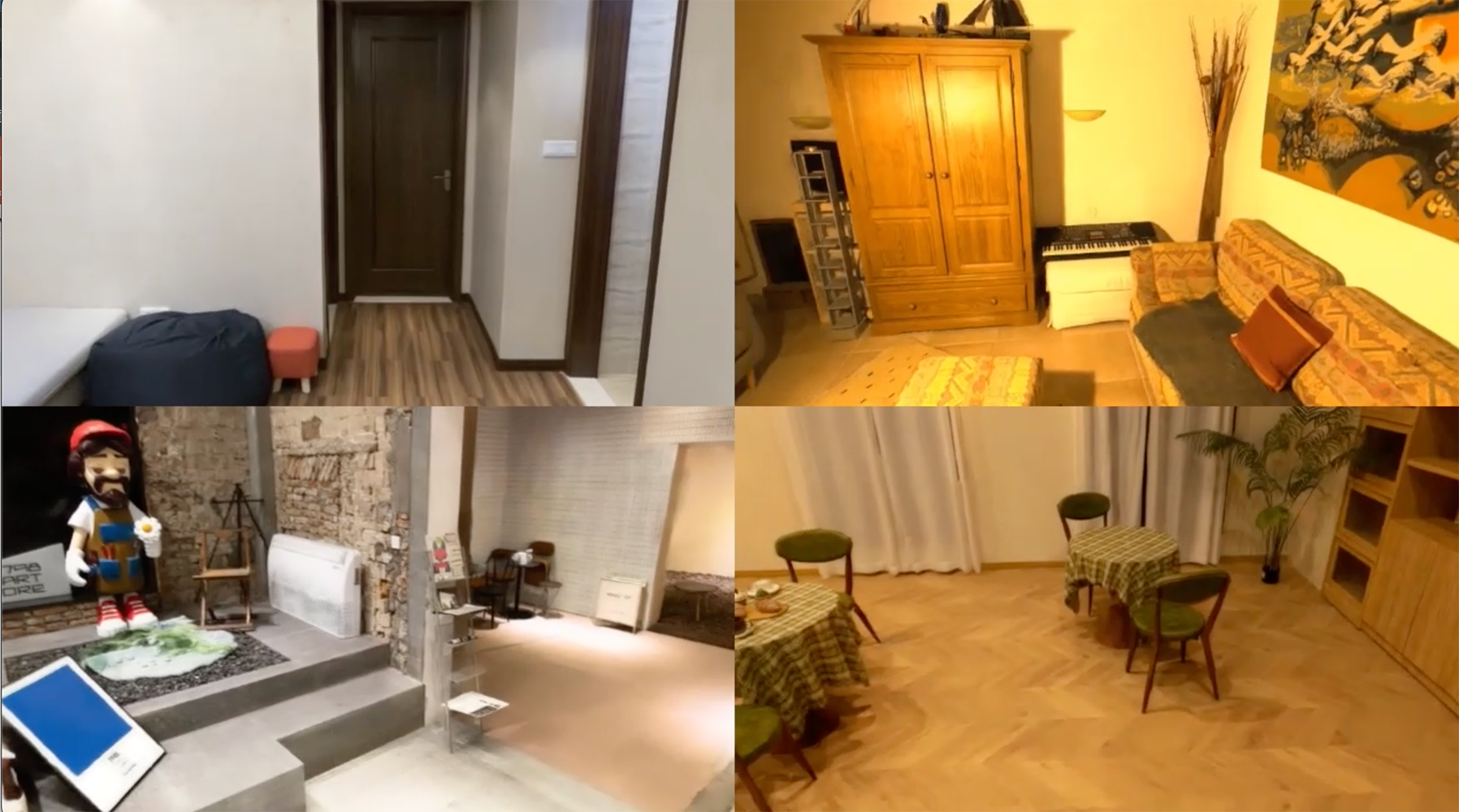Difference between revisions of "Neural Fields for Scalable Scene Reconstruction"
From Design Computation
Abel Maciel (talk | contribs) (→Abstract) |
Abel Maciel (talk | contribs) (→Keywords) |
||
| (36 intermediate revisions by 2 users not shown) | |||
| Line 1: | Line 1: | ||
| − | [[File: | + | [[File:DCIO2022-Logo.png|right|200px|link=DC_I/O_2022]] |
[[Category:DCIO]] | [[Category:DCIO]] | ||
| − | [[Category: | + | [[Category:DCIO2022]] |
[[Category:DCIO Proceedings]] | [[Category:DCIO Proceedings]] | ||
[[Category:Conferences]] | [[Category:Conferences]] | ||
[[Category:Book]] | [[Category:Book]] | ||
| − | [[DC I/O | + | [[DC I/O 2022]] Keynote by [https://jamestompkin.com// James Tompkin]. https://doi.org/10.47330/DCIO.2022.AXBL8798 | [[File:VideoRecord-Icon.png |Left|22px|link=https://youtu.be/tmuQJCVKTuI]] | [[File:Paper-Icon.png |Left|30px|link=https://www.dropbox.com/]] | [[File:Poster-Icon.png |Left|30px|link=https://www.dropbox.com/]] | [[File:Slides-Icon.png |Left|30px|link=https://www.dropbox.com/]] |
| − | |||
| − | |||
| − | |||
| − | + | [[File:DCIO2022 S1 1 J-Tompkin.png|center|800px]] | |
| − | [[File: | + | |
| − | = | + | =Abstract= |
| − | + | Neural fields are a new (and old!) approach to solving problems over spacetime via first-order optimization of a neural network. Over the past three years, combining neural fields with classic computer graphics approaches have allowed us to make significant advances in solving computer vision problems like scene reconstruction. I will present recent work that can reconstruct indoor scenes for photorealistic interactive exploration using new scalable hybrid neural field representations. This has applications where any real-world place needs to be digitized, especially for visualization purposes. | |
=Keywords= | =Keywords= | ||
| − | [[AI]], [[Architect]], [[ | + | [[AI]], [[Architect]], [[Neural Fields]]. |
| − | |||
| − | |||
| − | |||
=Bibliography= | =Bibliography= | ||
*Anderson, T.T., 2011. Complicating Heidegger and the Truth of Architecture. The Journal of Aesthetics and Art Criticism 69, 69–79. | *Anderson, T.T., 2011. Complicating Heidegger and the Truth of Architecture. The Journal of Aesthetics and Art Criticism 69, 69–79. | ||
| − | |||
| − | |||
| − | |||
Latest revision as of 12:45, 18 April 2023
DC I/O 2022 Keynote by James Tompkin. https://doi.org/10.47330/DCIO.2022.AXBL8798 |
Abstract
Neural fields are a new (and old!) approach to solving problems over spacetime via first-order optimization of a neural network. Over the past three years, combining neural fields with classic computer graphics approaches have allowed us to make significant advances in solving computer vision problems like scene reconstruction. I will present recent work that can reconstruct indoor scenes for photorealistic interactive exploration using new scalable hybrid neural field representations. This has applications where any real-world place needs to be digitized, especially for visualization purposes.
Keywords
Bibliography
- Anderson, T.T., 2011. Complicating Heidegger and the Truth of Architecture. The Journal of Aesthetics and Art Criticism 69, 69–79.
